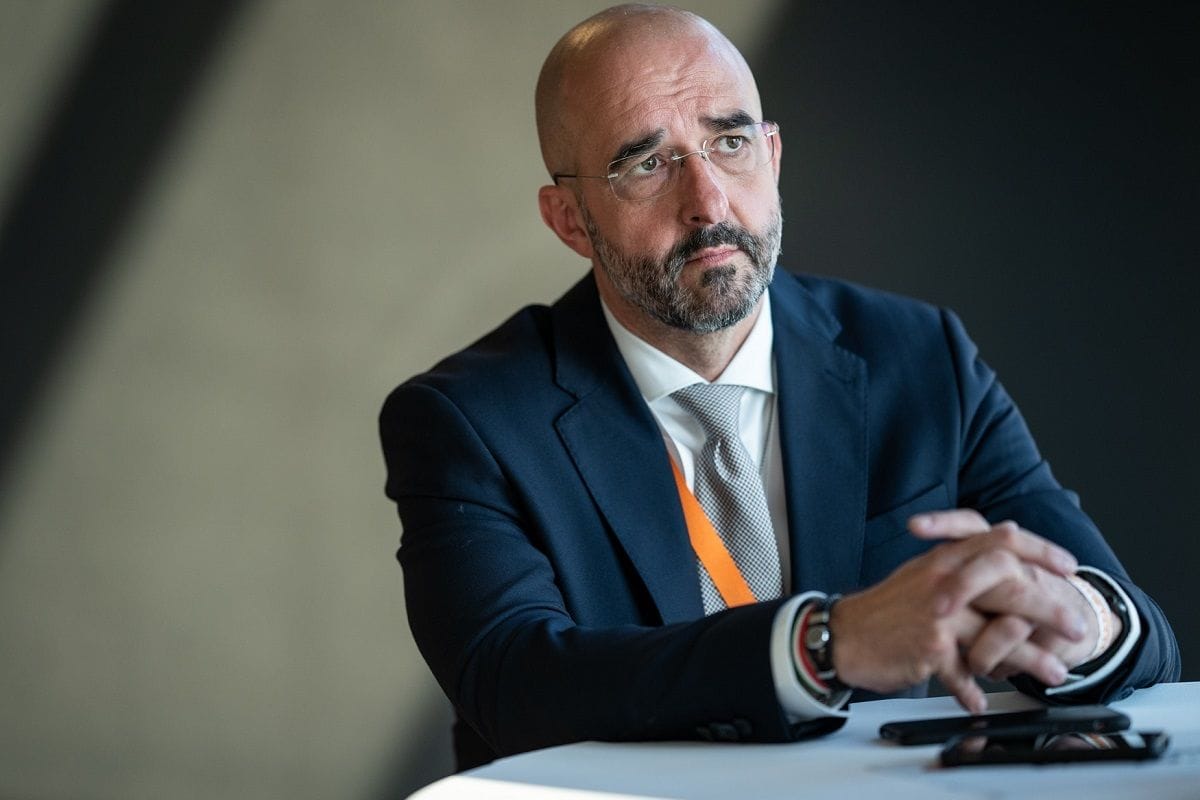“The goal is to preserve European unity, because if the facts do not matter in debates, only whether a particular government is sympathetic or not, it will tear the European Union apart,” said Gergely Gulyás, the Minister heading Prime Minister’s Office. The politician was a guest on the podcast The Bold Truth About Hungary, produced by Zoltán Kovács, Secretary of State for International Communication and Relations.
The EU debates of recent weeks are not about whether a country is being treated unfairly, but about whether various media and political expectations can override the facts. Because if we “disconnect these current attacks from reality, or try to disconnect reality from political attacks,” we can see that the European Commission has launched a very specific conditioning procedure against Hungary, Gergely Gulyás stated.
He said that it was unfortunate timing that the Commission launched the procedure two days after the clear result of the spring elections, “because this makes the suspicion of political motivation well-founded.”
He added that in this sense, it is not a question of Hungarian interests or Hungarian-EU relations, but of European interests, which is why this political debate is so important. According to Gulyás, the European interest is that Europe should be able to preserve the unity that is necessary in decision-making.
According to the minister,
Hungary has done more than anyone else to reach an agreement with the European Commission, but it seems that the body is not able to give an objective opinion when there is a political threat from the European Parliament.
The European Council is therefore the most reliable body for the conditionality procedure, he underscored.
On the Russian-Ukrainian war, Gulyás said that there was no doubt that Russia had attacked Ukraine, and that this was an act of aggression in violation of international law. However, he also pointed out that
the policy of sanctions on energy has put the European economy in an impossible or at least very difficult situation, and there is a difference of opinion on this point.
Hungary is highly dependent on Russian raw materials, but it is not alone in the region. “Although the Czechs and Slovaks, when they had to fight to get the waiver, seemed to be less in the front line of the fight, afterwards they were happy to get the exception or the waiver, which they got thanks to our efforts,” Gulyás highlighted.
On democracy, he said that the main problem in Europe was that the European press could only speak with one voice, “and was pushing a left-liberal, green ideology everywhere.” In contrast, Hungary has a diverse press, which gives space to many more political opinions than anywhere else in Western Europe, and this allows for real electoral alternatives here, he said.
Featured photo via Pexels
!function(f,b,e,v,n,t,s)
{if(f.fbq)return;n=f.fbq=function(){n.callMethod?
n.callMethod.apply(n,arguments):n.queue.push(arguments)};
if(!f._fbq)f._fbq=n;n.push=n;n.loaded=!0;n.version=’2.0′;
n.queue=[];t=b.createElement(e);t.async=!0;
t.src=v;s=b.getElementsByTagName(e)[0];
s.parentNode.insertBefore(t,s)}(window,document,’script’,
‘https://connect.facebook.net/en_US/fbevents.js’);
fbq(‘init’, ‘228770251004422’);
fbq(‘track’, ‘PageView’);
(function(d, s, id) {
var js, fjs = d.getElementsByTagName(s)[0];
if (d.getElementById(id)) return;
js = d.createElement(s); js.id = id;
js.src=”https://connect.facebook.net/en_US/sdk.js#xfbml=1&version=v2.12″;
fjs.parentNode.insertBefore(js, fjs);
}(document, ‘script’, ‘facebook-jssdk’));

Leave a Reply